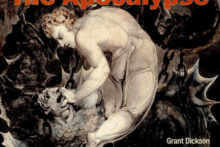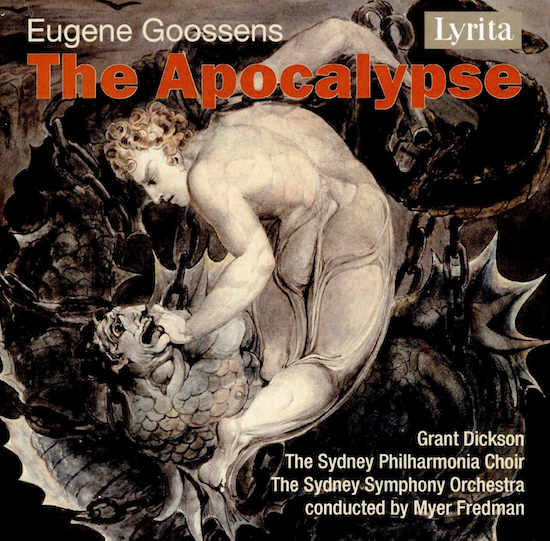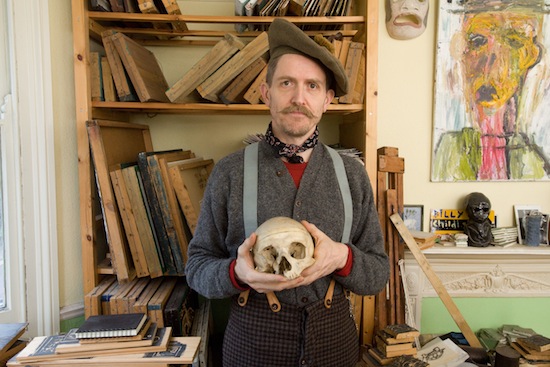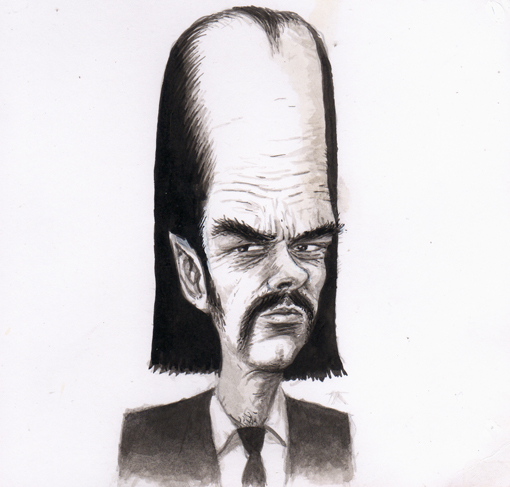


Phil Hebblethwaite
Junk Shop Classical On Anja Thauer: Music Stories Told £1 LP By £1 LP
After a gifted German cellist called Anja Thauer took her own life in 1973, her story all but disappeared. Why? While making a Radio 3 documentary, Phil Hebblethwaite discovered that it may have been intentionally kept from the history books
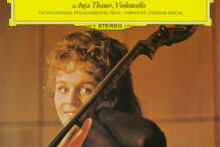
Junk Shop Classical On Anja Thauer: Music Stories Told £1 LP By £1 LP
After a gifted German cellist called Anja Thauer took her own life in 1973, her story all but disappeared. Why? While making a Radio 3 documentary, Phil Hebblethwaite discovered that it may have been intentionally kept from the history books
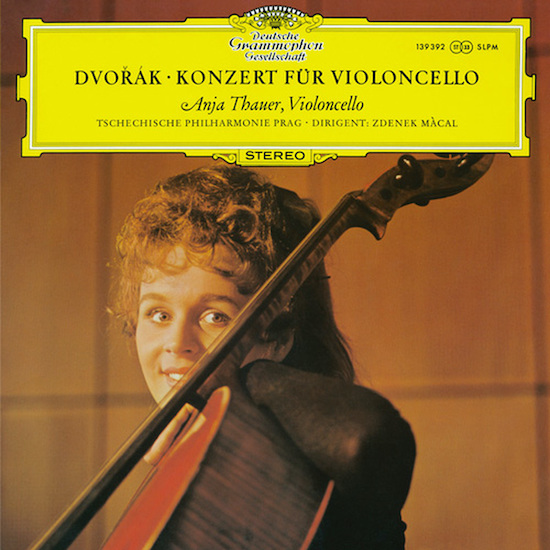
Junk Shop Classical on Henryk Górecki: Music Stories Told £1 LP By £1 LP
The release of a new version of Górecki’s Symphony No. 3 with vocals from Portishead’s Beth Gibbons is cleverly timed, says Phil Hebblethwaite. When the piece was first a hit in the early-90s, it offered respite at a similarly turbulent moment in history
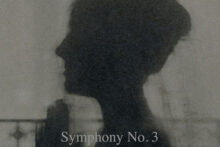
Junk Shop Classical on Henryk Górecki: Music Stories Told £1 LP By £1 LP
The release of a new version of Górecki’s Symphony No. 3 with vocals from Portishead’s Beth Gibbons is cleverly timed, says Phil Hebblethwaite. When the piece was first a hit in the early-90s, it offered respite at a similarly turbulent moment in history

Junk Shop Classical on Samuel Coleridge-Taylor: Music Stories Told £1 LP By £1 LP
Samuel Coleridge-Taylor was the first musician of colour to become a superstar in 20th century Britain, says Phil Hebblethwaite, and then he all but disappeared from view. Who was he and why is it taking so long for us to recognise what he achieved, against impossible odds?
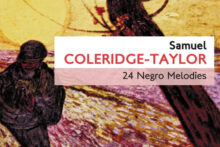
Junk Shop Classical on Samuel Coleridge-Taylor: Music Stories Told £1 LP By £1 LP
Samuel Coleridge-Taylor was the first musician of colour to become a superstar in 20th century Britain, says Phil Hebblethwaite, and then he all but disappeared from view. Who was he and why is it taking so long for us to recognise what he achieved, against impossible odds?

Junk Shop Classical on George Antheil: Music Stories Told £1 LP By £1 LP
American composer George Antheil – the self-proclaimed "bad boy of music" – was a pioneer of sound who had a shot at the big time and blew it. But he found a place in history, putting into practice a trailblazing invention by "the most beautiful woman in the world", Hedy Lamarr
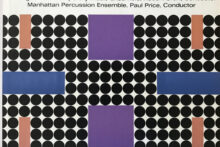
Junk Shop Classical on George Antheil: Music Stories Told £1 LP By £1 LP
American composer George Antheil – the self-proclaimed "bad boy of music" – was a pioneer of sound who had a shot at the big time and blew it. But he found a place in history, putting into practice a trailblazing invention by "the most beautiful woman in the world", Hedy Lamarr

Junk Shop Classical on Beethoven’s Grosse Fuge: Music Stories Told £1 LP By £1 LP
Beethoven’s Grosse Fuge is one of the most extreme pieces of music ever written, in any genre. A visionary work that only began to make sense in the 20th century, asks Phil Hebblethwaite, or a cacophonous duff that betrays a disturbing truth about a highly complex man?
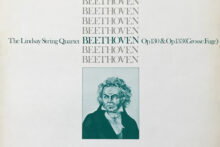
Junk Shop Classical on Beethoven’s Grosse Fuge: Music Stories Told £1 LP By £1 LP
Beethoven’s Grosse Fuge is one of the most extreme pieces of music ever written, in any genre. A visionary work that only began to make sense in the 20th century, asks Phil Hebblethwaite, or a cacophonous duff that betrays a disturbing truth about a highly complex man?

Junk Shop Classical on Albinoni’s Adagio: Music Stories Told £1 LP By £1 LP
A classic of film scores, Albinoni’s Adagio isn’t a lost baroque masterpiece; it’s a spoof composed by his biographer in the 1950s. Harmless fun, asks Phil Hebblethwaite, or a savage exposé of classical music’s obsession with authenticity and dead men?
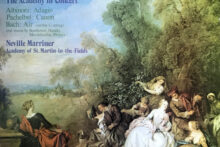
Junk Shop Classical on Albinoni’s Adagio: Music Stories Told £1 LP By £1 LP
A classic of film scores, Albinoni’s Adagio isn’t a lost baroque masterpiece; it’s a spoof composed by his biographer in the 1950s. Harmless fun, asks Phil Hebblethwaite, or a savage exposé of classical music’s obsession with authenticity and dead men?

Junk Shop Classical on Mstislav Rostropovich: Music Stories Told £1 LP By £1 LP
Fifty years ago, the Proms became the scene of a protest against the Soviet invasion of Czechoslovakia. It was a night of high drama, says Phil Hebblethwaite, defined by Russian cellist Mstislav Rostropovich giving a performance that has gone down in legend

Junk Shop Classical on Mstislav Rostropovich: Music Stories Told £1 LP By £1 LP
Fifty years ago, the Proms became the scene of a protest against the Soviet invasion of Czechoslovakia. It was a night of high drama, says Phil Hebblethwaite, defined by Russian cellist Mstislav Rostropovich giving a performance that has gone down in legend

Junk Shop Classical On Clara Schumann: Music Stories Told £1 LP By £1 LP
Clara Schumann had one of the most extraordinary lives in 19th century music, says Phil Hebblethwaite. Against the odds, she made it as a pianist, and she ought to have been recognised as a great composer too
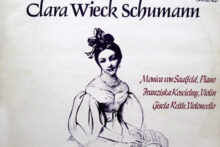
Junk Shop Classical On Clara Schumann: Music Stories Told £1 LP By £1 LP
Clara Schumann had one of the most extraordinary lives in 19th century music, says Phil Hebblethwaite. Against the odds, she made it as a pianist, and she ought to have been recognised as a great composer too

Remembering Stewart Lupton: An Archive Interview
The death of Stewart Lupton, former singer with New York pioneers Jonathan Fire*Eater, was announced earlier today. In this archive interview, first published in The Stool Pigeon in 2007, Phil Hebblethwaite discussed his comeback project Childballads, rivalry with The Walkmen, and his battle with drugs. Portrait by Phil Knott

Remembering Stewart Lupton: An Archive Interview
The death of Stewart Lupton, former singer with New York pioneers Jonathan Fire*Eater, was announced earlier today. In this archive interview, first published in The Stool Pigeon in 2007, Phil Hebblethwaite discussed his comeback project Childballads, rivalry with The Walkmen, and his battle with drugs. Portrait by Phil Knott

Junk Shop Classical On Peter Warlock: Music Stories Told £1 Record By £1 Record
Peter Warlock, occultist and wild man of early-20th century British classical music, took his own life in 1930, aged 36. He died a fringe concern, but his cult and music continue to grow, says Phil Hebblethwaite. We see now how far ahead of his time he was
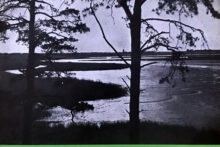
Junk Shop Classical On Peter Warlock: Music Stories Told £1 Record By £1 Record
Peter Warlock, occultist and wild man of early-20th century British classical music, took his own life in 1930, aged 36. He died a fringe concern, but his cult and music continue to grow, says Phil Hebblethwaite. We see now how far ahead of his time he was
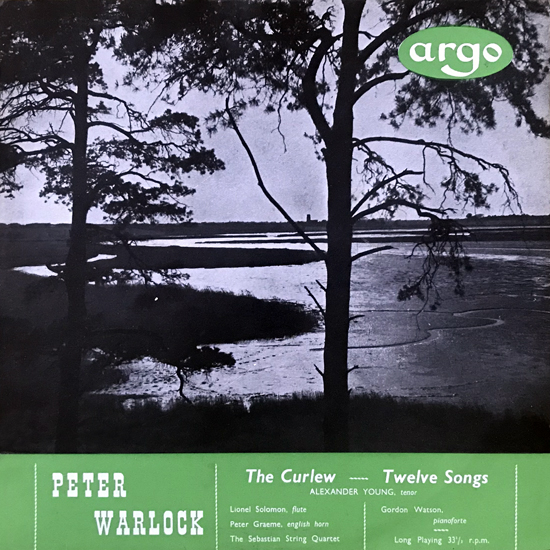
Junk Shop Classical On Decca & EMI: Music Stories Told £1 LP By £1 LP
In 1958, Decca Records audaciously began to record Wagner’s epic, 15-hour Ring Cycle. As Phil Hebblethwaite explains, there was more at stake than art. Decca was a classical music underdog determined to land a knock-out punch on arch rival EMI
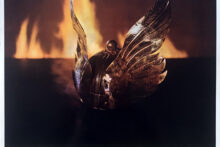
Junk Shop Classical On Decca & EMI: Music Stories Told £1 LP By £1 LP
In 1958, Decca Records audaciously began to record Wagner’s epic, 15-hour Ring Cycle. As Phil Hebblethwaite explains, there was more at stake than art. Decca was a classical music underdog determined to land a knock-out punch on arch rival EMI

Junk Shop Classical On Debussy: Music Stories Told £1 LP By £1 LP
Debussy sparked a punk moment for classical music, says Phil Hebblethwaite. He uncluttered it and ensured, as the 20th century began, that none of the old rules applied. He died 100 years ago, after which his radical sounds weaved their way into almost everything we hear today
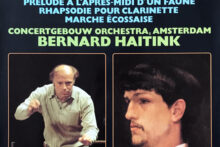
Junk Shop Classical On Debussy: Music Stories Told £1 LP By £1 LP
Debussy sparked a punk moment for classical music, says Phil Hebblethwaite. He uncluttered it and ensured, as the 20th century began, that none of the old rules applied. He died 100 years ago, after which his radical sounds weaved their way into almost everything we hear today
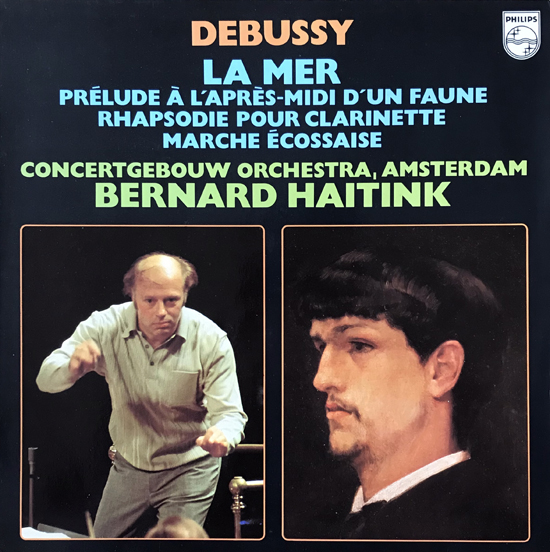
Junk Shop Classical On Carlos Kleiber: Stories Told £1 LP By £1 LP
The enigmatic Carlos Kleiber was voted the greatest conductor of all time, although he performed infrequently and released only a few albums. Who was he, asks Phil Hebblethwaite, and how come his immense talent was coupled with such paralysing self-doubt?

Junk Shop Classical On Carlos Kleiber: Stories Told £1 LP By £1 LP
The enigmatic Carlos Kleiber was voted the greatest conductor of all time, although he performed infrequently and released only a few albums. Who was he, asks Phil Hebblethwaite, and how come his immense talent was coupled with such paralysing self-doubt?
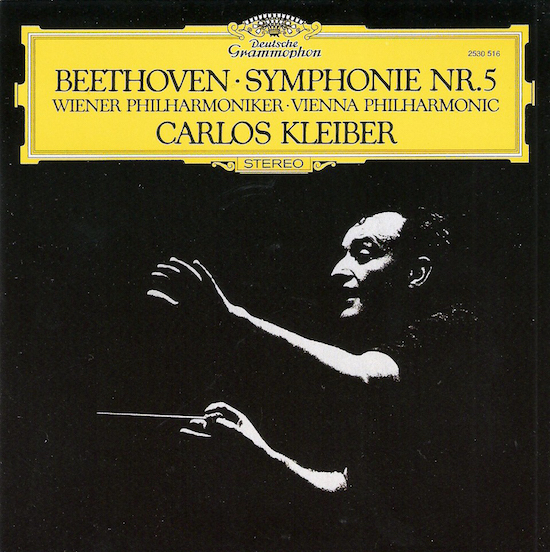
Junk Shop Classical On Stravinsky: Music Stories Told £1 LP By £1 LP
Stravinsky’s merciless Rite Of Spring from 1913 was the last hit piece he had, although he lived and worked prolifically until 1971. So how come we’re still talking about the Russian modernist as one of the greatest composers of the 20th century?
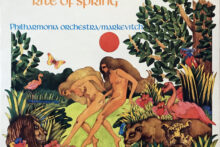
Junk Shop Classical On Stravinsky: Music Stories Told £1 LP By £1 LP
Stravinsky’s merciless Rite Of Spring from 1913 was the last hit piece he had, although he lived and worked prolifically until 1971. So how come we’re still talking about the Russian modernist as one of the greatest composers of the 20th century?
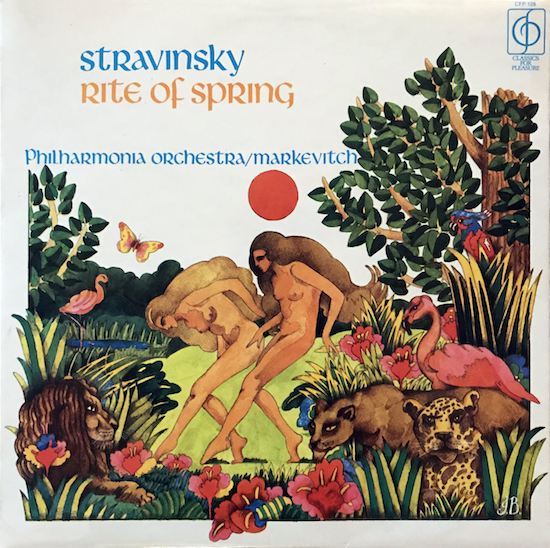
Junk Shop Classical On Joyce Hatto: Music Stories Told £1 LP By £1 LP
Ten years on, the story of how English pianist Joyce Hatto and her husband scammed the classical music industry takes on an extra potency, says Phil Hebblethwaite, as if it foresaw the world we live in now, with blurred lines between what’s real and fake, and experts firmly on the ropes
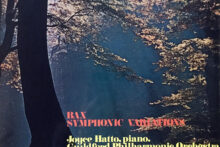
Junk Shop Classical On Joyce Hatto: Music Stories Told £1 LP By £1 LP
Ten years on, the story of how English pianist Joyce Hatto and her husband scammed the classical music industry takes on an extra potency, says Phil Hebblethwaite, as if it foresaw the world we live in now, with blurred lines between what’s real and fake, and experts firmly on the ropes
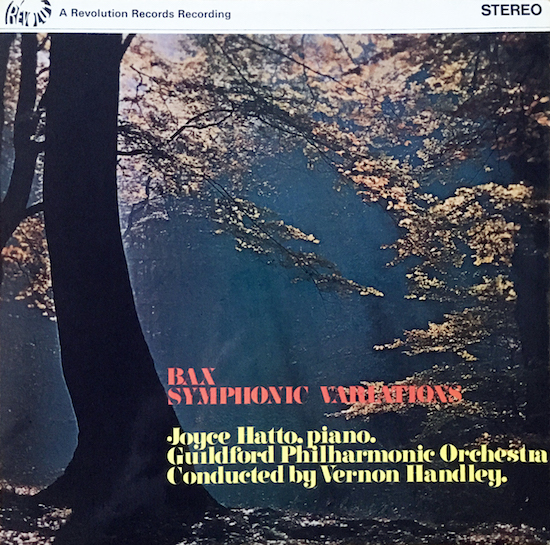
Junk Shop Classical On Brahms: Music Stories Told £1 LP By £1 LP
Phil Hebblethwaite invites you into Brahms’s German Requiem, one of the worst-named pieces of classical music in the canon. It has nothing to do with nationalism, or the church, and should have been called what Brahms later suggested: A Human Requiem. It couldn’t be more relevant in 2017
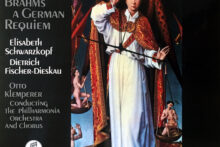
Junk Shop Classical On Brahms: Music Stories Told £1 LP By £1 LP
Phil Hebblethwaite invites you into Brahms’s German Requiem, one of the worst-named pieces of classical music in the canon. It has nothing to do with nationalism, or the church, and should have been called what Brahms later suggested: A Human Requiem. It couldn’t be more relevant in 2017

Junk Shop Classical on George Walker: Music Stories Told £1 LP By £1 LP
In August, 95-year-old American composer George Walker had his first-ever piece performed at the Proms, as part of a concert that became the breakout story of the festival. In his own way, he’s as radical and pioneering as Nina Simone, who was famously refused entry to the same music school that Walker had already graduated from
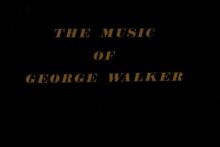
Junk Shop Classical on George Walker: Music Stories Told £1 LP By £1 LP
In August, 95-year-old American composer George Walker had his first-ever piece performed at the Proms, as part of a concert that became the breakout story of the festival. In his own way, he’s as radical and pioneering as Nina Simone, who was famously refused entry to the same music school that Walker had already graduated from
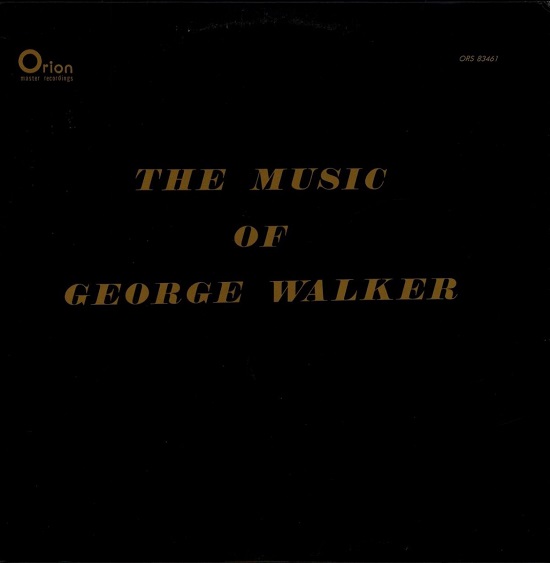
Junk Shop Classical on Vivaldi: Music Stories Told £1 LP By £1 LP
Unheard for 200 years, Vivaldi became a star for the second time when an Italian group had a hit album with The Four Seasons in 1955 – the same year that rock & roll exploded. But it was a brilliant 1970 recording by Britain’s Academy of St. Martin-in-the-Fields that, for better or worse, made it truly omnipresent
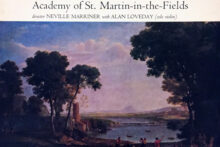
Junk Shop Classical on Vivaldi: Music Stories Told £1 LP By £1 LP
Unheard for 200 years, Vivaldi became a star for the second time when an Italian group had a hit album with The Four Seasons in 1955 – the same year that rock & roll exploded. But it was a brilliant 1970 recording by Britain’s Academy of St. Martin-in-the-Fields that, for better or worse, made it truly omnipresent
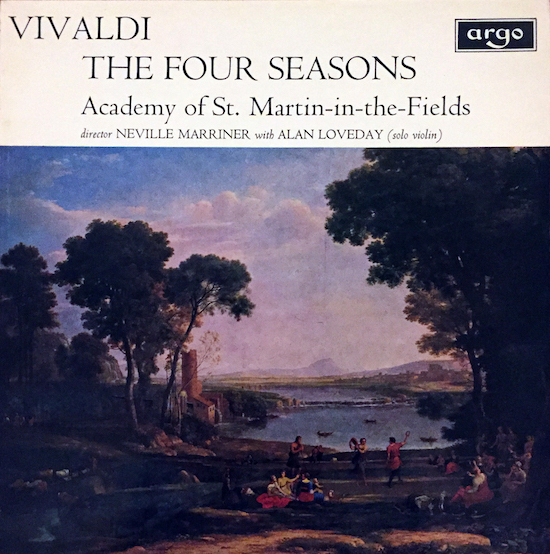
Junk Shop Classical On Lili Boulanger: Music Stories Told £1 LP By £1 LP
The chance finding of a 1960 album on a long-gone American indie label led Phil Hebblethwaite into the enormous sound world of the supremely talented French composer Lili Boulanger, who set Psalms to music and might have written a requiem for her own death in 1918 at the tragically young age of 24
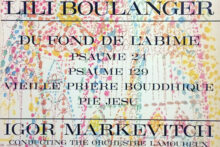
Junk Shop Classical On Lili Boulanger: Music Stories Told £1 LP By £1 LP
The chance finding of a 1960 album on a long-gone American indie label led Phil Hebblethwaite into the enormous sound world of the supremely talented French composer Lili Boulanger, who set Psalms to music and might have written a requiem for her own death in 1918 at the tragically young age of 24
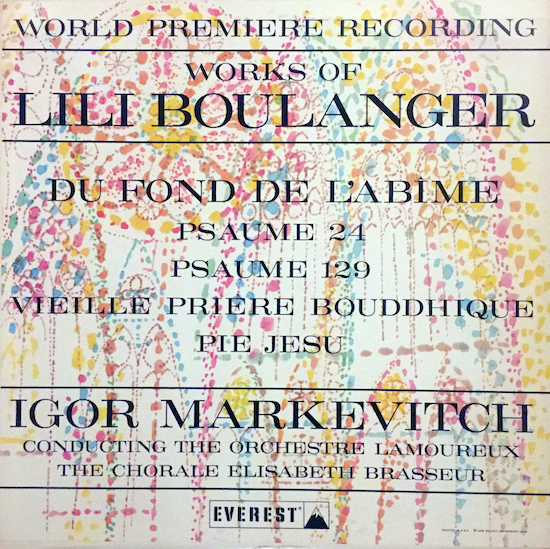
Junk Shop Classical On Glenn Gould: Music Stories Told £1 LP By £1 LP
Perhaps no one has ever made old music sound more bracingly modern than wunderkind pianist Glenn Gould, and for his third column on a classical music record bought for a quid in a charity shop Phil Hebblethwaite finds the nutty Canadian polymath going way back in time – to some English music of the Renaissance
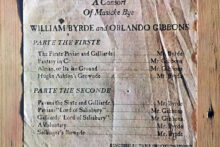
Junk Shop Classical On Glenn Gould: Music Stories Told £1 LP By £1 LP
Perhaps no one has ever made old music sound more bracingly modern than wunderkind pianist Glenn Gould, and for his third column on a classical music record bought for a quid in a charity shop Phil Hebblethwaite finds the nutty Canadian polymath going way back in time – to some English music of the Renaissance
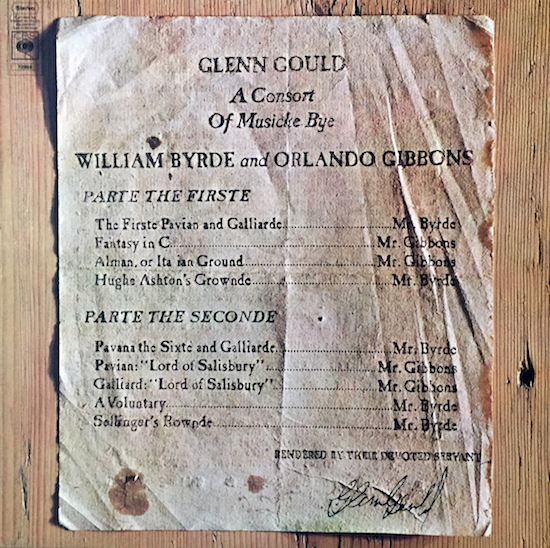
Junk Shop Classical On Schubert: Music Stories Told £1 Record By £1 Record
For his second column on a single classical record bought for a quid in a charity shop, Phil Hebblethwaite unpicks a devastating twofer – the Alban Berg Quartett playing a pair of late Schubert pieces in which this most cultish of composers dares to contemplate his sentence of death by sexually transmitted disease
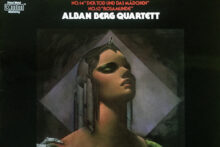
Junk Shop Classical On Schubert: Music Stories Told £1 Record By £1 Record
For his second column on a single classical record bought for a quid in a charity shop, Phil Hebblethwaite unpicks a devastating twofer – the Alban Berg Quartett playing a pair of late Schubert pieces in which this most cultish of composers dares to contemplate his sentence of death by sexually transmitted disease
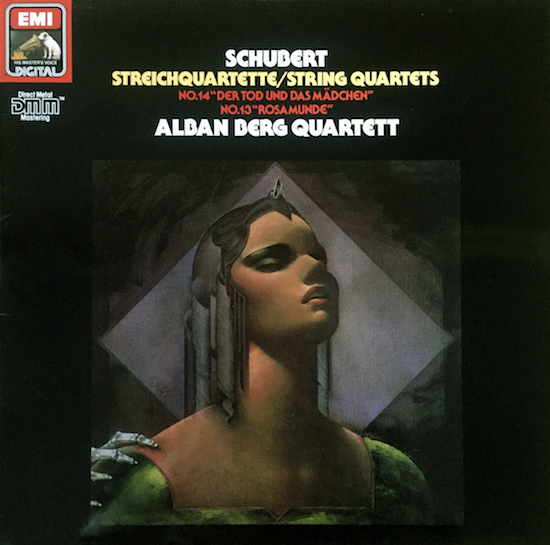
Junk Shop Classical: Music Stories Told £1 Record By £1 Record
In this new column, Phil Hebblethwaite will be picking one classical record bought in a charity shop per month, beginning with Jean Sibelius, Symphony No. 4 played by the Berlin Philharmonic conducted by Herbert von Karajan - a doomy symphony that sounds like how many of us feel today

Junk Shop Classical: Music Stories Told £1 Record By £1 Record
In this new column, Phil Hebblethwaite will be picking one classical record bought in a charity shop per month, beginning with Jean Sibelius, Symphony No. 4 played by the Berlin Philharmonic conducted by Herbert von Karajan - a doomy symphony that sounds like how many of us feel today

Is Record Store Day In Crisis? A Quietus Investigation
Record Store Day 2014 is the biggest yet, with hundreds of exclusive new releases and reissues in shops this weekend. But as vinyl pressing plants struggle to keep up with demand, is the event's success in danger of harming independent labels - and even RSD itself? Phil Hebblethwaite investigates

Is Record Store Day In Crisis? A Quietus Investigation
Record Store Day 2014 is the biggest yet, with hundreds of exclusive new releases and reissues in shops this weekend. But as vinyl pressing plants struggle to keep up with demand, is the event's success in danger of harming independent labels - and even RSD itself? Phil Hebblethwaite investigates

